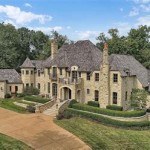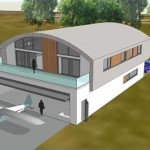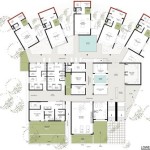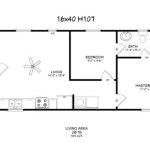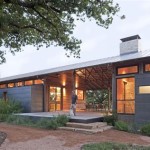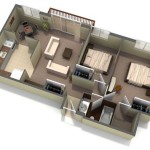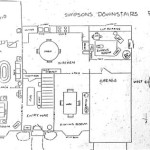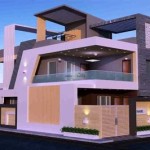Exploring the Oval Office: A Seat of Power and History
Deep within the bustling halls of the White House resides a room of immense significance and historical allure: the Oval Office. This iconic chamber serves as the primary workspace of the President of the United States and has witnessed countless pivotal moments in American history. Its design and layout reflect not only the needs of the presidency but also the evolving nature of power and leadership. ### A History of the Oval Office The Oval Office, as we know it today, did not always exist. The firstOval Office was established in 1902 during the presidency ofTheodore Roosevelt. However, it was initially known as the "Cabinet Room" and was primarily used for meetings. The office was later relocated and expanded by President William Howard Taft in 1909, who renamed it the Oval Office due to its distinctive shape. Over the years, the Oval Office has undergone several renovations and updates, reflecting the changing tastes and technological advances of each era. However, its core design has remained largely unchanged, with a large desk, comfortable chairs, and a fireplace. ### The Presidential Workspace The Oval Office is more than just a ceremonial space; it is a functional workspace where the President conducts the daily business of governing the nation. The desk, known as the Resolute Desk, was a gift from Queen Victoria in 1880 and has been used by every president since Rutherford B. Hayes. Behind the desk, the President's chair is flanked by two windows, offering a panoramic view of the South Lawn and the Washington Monument. The office also features a large rug, often designed with symbolic motifs, and several couches and armchairs for meetings and conversations. ### Technological Advancements As technology has evolved, so has the Oval Office. The room now boasts state-of-the-art communication systems, including secure video conferencing and telecommunication equipment. The President can use these systems to communicate with world leaders, military commanders, and other officials around the globe. The office also features a large television screen, used for briefings, news updates, and special presentations. Additionally, the Oval Office is equipped with a sound system, allowing the President to deliver speeches or make public announcements. ### A Symbol of American Power The Oval Office is not merely a room; it is a symbol of American power and leadership. Its design and layout project an image of authority, stability, and continuity. The Oval Office has been the backdrop for some of the most important decisions in American history, from the launch of the Apollo program to the signing of major legislation. Visitors to the White House are often awed by the Oval Office, sensing the weight of history and the significance of the space. The office is a constant reminder of the power and responsibility that rests with the President of the United States.Photos Show The White House Interior Where Naomi Biden Got Married

The History Of Oval Office White House Floor Plan Layout Plans

3d White House Cutaways Did You Know The Oval Office Is Not Actually Inside Main Building Core77

Файл White House West Wing 1st Floor With The Oval Office Highlighted Png Википедия
Why Is There An Oval Office In The White House Quora

The History Of Oval Office White House Floor Plans Usa

West Wing White House Usa Building The Office Floor Plan

Map Of The West Wing White House

New Centurys White House Floor Plan Century Oval Office West Wing Transpa Png 1800x1200 Free On Nicepng

3d White House Cutaways Did You Know The Oval Office Is Not Actually Inside Main Building Core77

